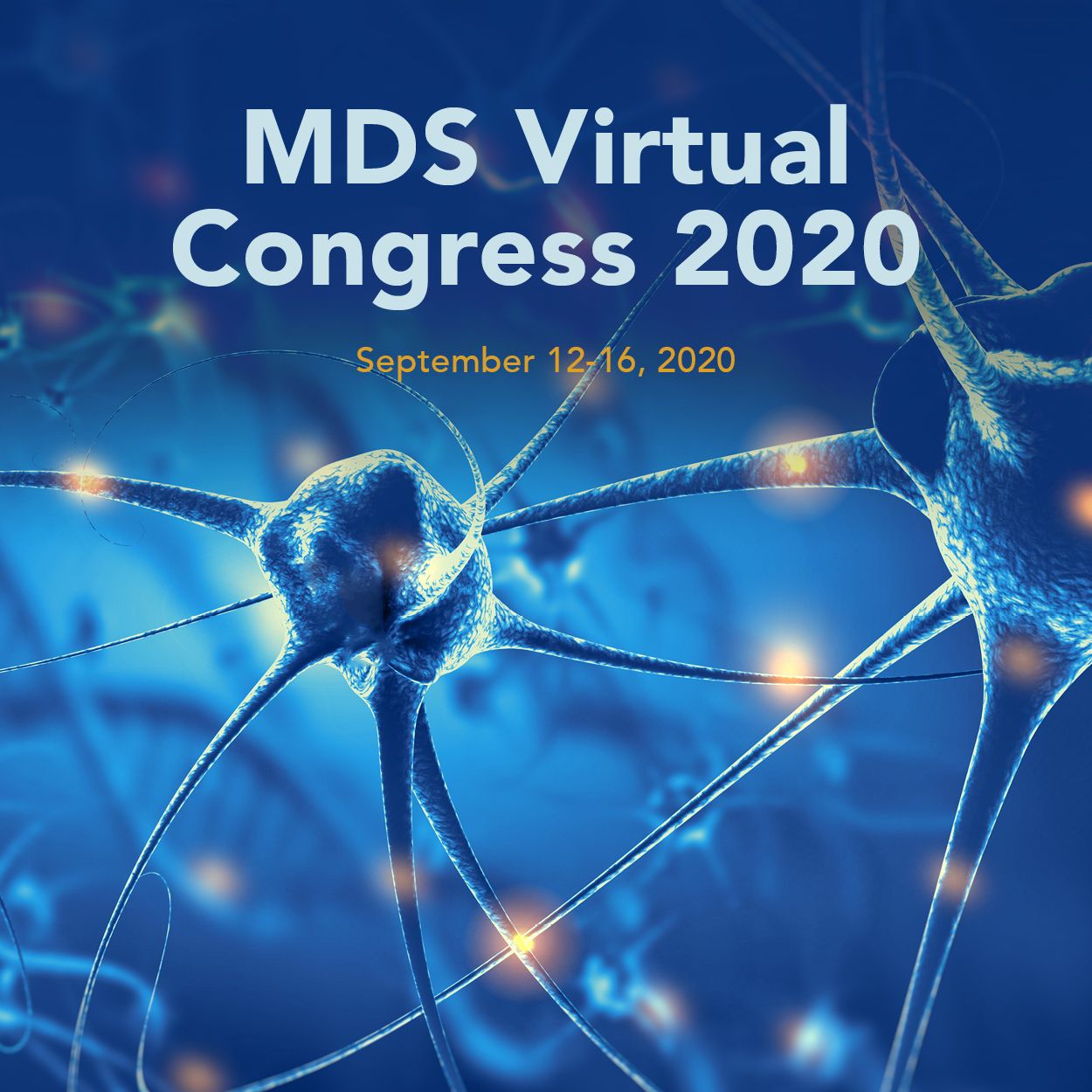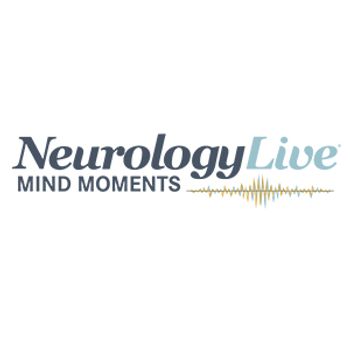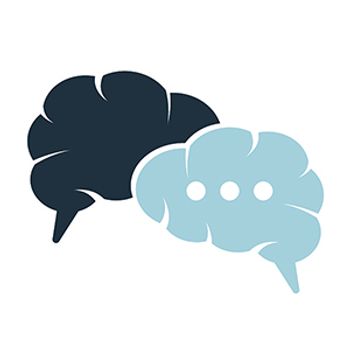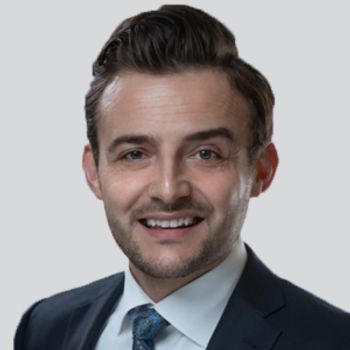
Results from a phase 2 pilot study of nabilone in Parkinson disease suggest that the synthetic cannabinoid might hold therapeutic potential for nonmotor symptoms.

COVID-19 Has Negative Impact on Parkinson Disease Symptom Management

Parkinson Disease Gene Therapy VY-AADC01 Proves Safe With Signs of Efficacy

Results from a phase 2 pilot study of nabilone in Parkinson disease suggest that the synthetic cannabinoid might hold therapeutic potential for nonmotor symptoms.

Take 5 minutes to catch up on NeurologyLive's highlights from the week ending September 11, 2020.

Leah Croll, MD, a neurology resident on the front lines of the COVID-19 pandemic, shares details from her study on the psychosocial impact on physicians and her first-hand experience.

The chief scientific officer at the Parkinson’s Foundation shares his perspective on the current state of Parkinson research and development amid the challenges of the pandemic.

The neurology resident at NYU Langone described psychosocial implications that physicians faced during the COVID-19 pandemic and the toll it takes on them.

After wearing the noninvasive device, 62% of TETRAS-rated patients and 68% of BF-ADL-rated patients whose tremors were rated as "severe" or "moderate" improved to "mild" or "slight" scores.

Take 5 minutes to catch up on NeurologyLive's highlights from the week ending August 28, 2020.

"Mind Moments," a podcast from NeurologyLive, brings you an exclusive interview with Rajesh Pahwa, MD.

Increased consumption of vegetables, nuts, and moderate alcohol intake are each inversely associated with the odds of 3 or more prodromal features that precede Parkinson disease.

In part 2 of this interview, Hubert Fernandez, MD, director of the Center for Neurological Restoration at Cleveland Clinic, detailed the greatest unmet needs as well as the utility of deep brain stimulation in patients with Parkinson disease.

Recognition of the distinct neuroanatomical patterns, symptoms, and rates of progression within different biotypes can play a pivotal role in the implementation of precision medicine for Parkinson disease.

Take 5 minutes to catch up on NeurologyLive's highlights from the week ending August 21, 2020.

Noninvasive neuromodulation with TAPS is a safe and effective tool that offers particular utility in the age of COVID-19 when other treatment options may be less accessible.

The presence of laryngeal movement disorders—identified in 93% of the MSA group—may serve as a diagnostic biomarker of MSA independent of phenotype, disease duration, or patient age.

Hubert Fernandez, MD, the director of the Center for Neurological Restoration at Cleveland Clinic, detailed the importance of raising awareness for Parkinson disease and the strides made in research.

Take 5 minutes to catch up on NeurologyLive's highlights from the week ending August 14, 2020.

The director of the Center for Neurological Restoration at Cleveland Clinic describes the greatest unmet needs in Parkinson disease research.

Notably, the data unveiled a previously unreported link between a positive family history of parkinsonism and dementia, and carbon monoxide poisoning.

Take 5 minutes to catch up on NeurologyLive's highlights from the week ending August 7, 2020.

The director of the Center for Neurological Restoration at Cleveland Clinic detailed the recent technological and therapeutic innovations and their advantages in treating Parkinson disease.

An overview of the tweet chat on mental health in neurological disorders, featuring highlighted contributions from the medical community.

Take 5 minutes to catch up on NeurologyLive's highlights from the week ending July 31, 2020.

The director of the Center for Neurological Restoration at Cleveland Clinic details the direction of clinical research for Parkinson disease and efforts that are being made to alleviate quality of life issues for those with the disease.

Join NeurologyLive and the Women Neurologist Group on Twitter to discuss the importance of mental health and wellness in neurologic disorders.

The Patient Controller app will be made available in the coming weeks, according to designer Abbott.